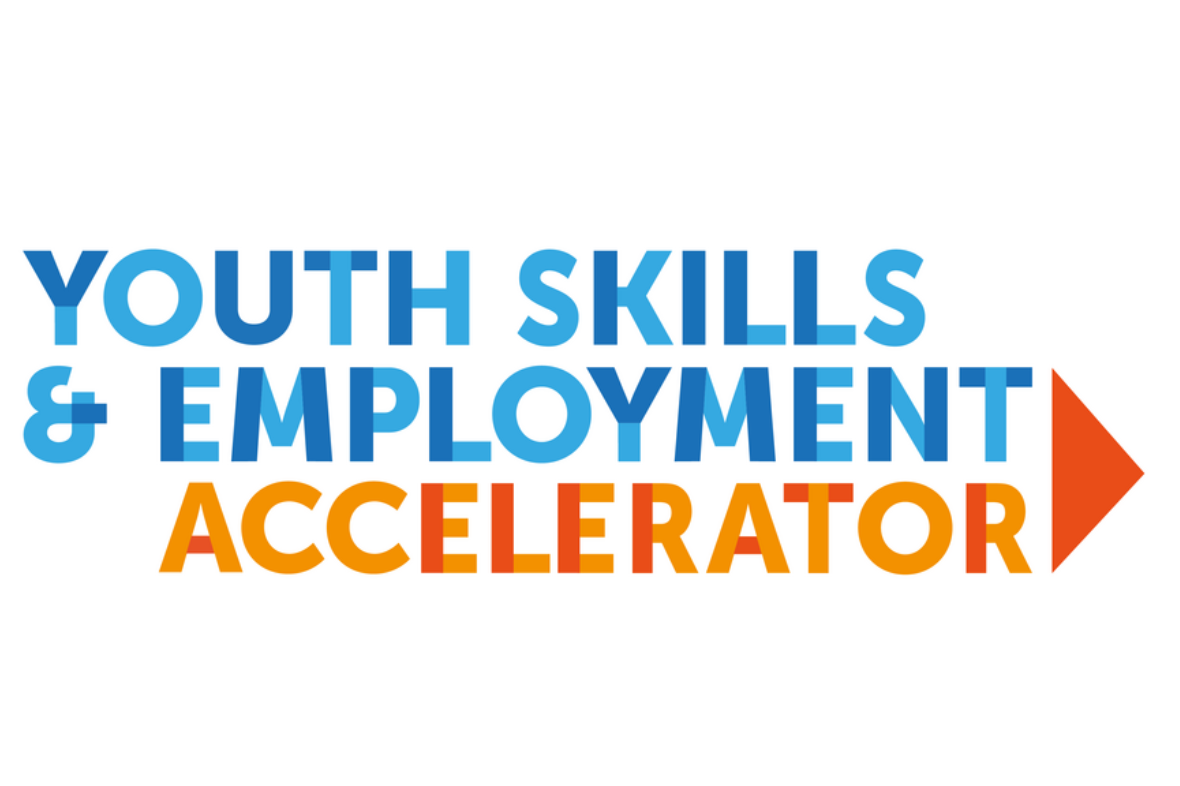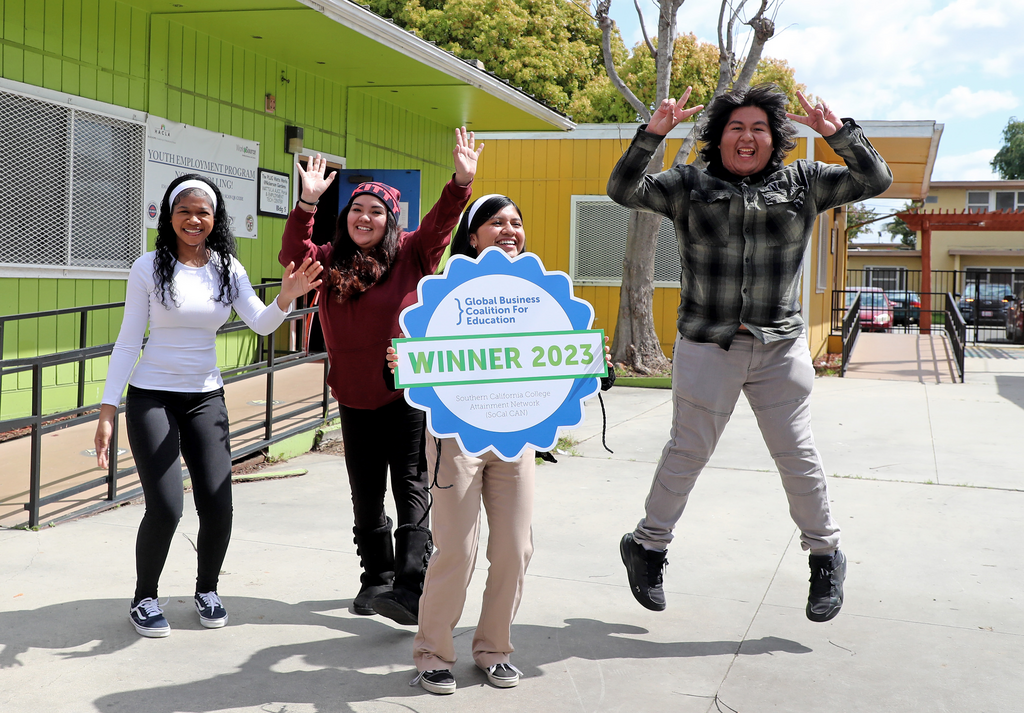Standards for Youth Skills and Employment
1. Direct engagement with young people.
Youth are engaged and involved in efforts related to their future, especially in closing the skills and employment gaps.
2. A focus on underserved youth.
There is a commitment to identifying, monitoring, and targeting underserved youth with opportunities for skills and employment.
3. Inclusive and equitable, quality education systems. Local education systems are equitable, accessible, and sufficiently resourced.
Local education systems are equitable, accessible, and sufficiently resourced.
4. Pathways from education to employment.
Clear pathways exist in the city at the high school and post-secondary level.
5. Curriculum adapted to future workforce skills.
The curriculum has an explicit focus on 4IR skills (workforce readiness, soft skills, technical skills, entrepreneurship and resilience).
6. Employer engagement in building opportunity pipelines.
Employers proactively engage with public policy officials, school systems, and government agencies to build pathways from education to employment.
7. Meaningful and equitable employment.
Employment is meaningful, pays a livable wage, and respects the dignity and contributions of young people.
8. Youth-focused funding partnerships.
From public to private, local funding and philanthropy reflect the city’s priority on youth futures through programs, subsidies, incentives, and scholarships.
9. Supportive ecosystem.
The design of public services and policies creates an ecosystem of support for young people on the pathway from education to employment, including transportation, health care, mental health services, childcare, and quality food.
10. Dedicated platform for opportunity dissemination and matchmaking.
The city has a central clearing house, platform, or other mechanisms for making information about skills training, employment, and other opportunities available to youth.







